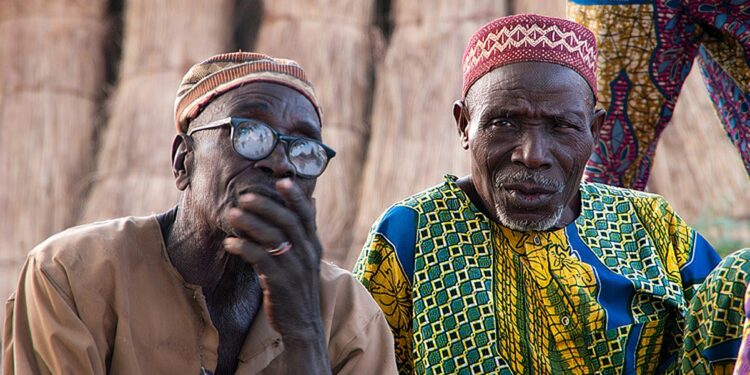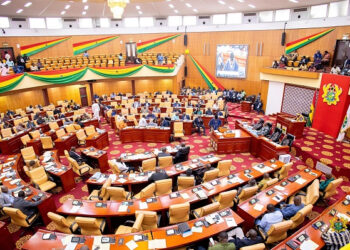Africa doesn’t just communicate; it expresses, teaches, and remembers. Across the continent, words serve as vessels for the soul, embodying philosophies, cultural blueprints, and timeless truths passed down through generations.
From the rhythmic chants of East Africa to the wise proverbs of West Africa, language is a powerful force that shapes identity, forges connections, and preserves heritage. With over 2,000 languages spoken, Africa is one of the most linguistically diverse continents.
These languages convey not only stories but also the heartbeat of civilizations, reflecting the values, beliefs, and ancestral wisdom of countless communities. Some words are so profound that no direct translation can fully capture their essence.
ICYMT: UCC: Valco Hall Marks Grand Reunion with Alumni
- Ubuntu (Zulu – South Africa)
Meaning: “I am because we are.”
Ubuntu emphasizes community and compassion, highlighting the universal bond that connects humanity. It played a crucial role in post-apartheid South Africa, championed by leaders like Nelson Mandela. - Sankofa (Twi – Ghana)
Meaning: “Go back and get it.”
Sankofa teaches the importance of revisiting the past to build a better future, often symbolized by a bird looking backward. - Ujamaa (Swahili – Tanzania)
Meaning: “Familyhood” or “extended family.”
Popularized by Julius Nyerere, Ujamaa promotes the idea that the community is a family, advocating for shared responsibility and cooperation. - Inshallah (Arabic – North and West Africa)
Meaning: “If God wills.”
This phrase reflects a deep belief in divine will, acknowledging that while humans make plans, ultimate control lies with God. - Baraka (Swahili – East Africa)
Meaning: “Blessing.”
Baraka signifies divine grace and goodwill, often recognized in everyday acts of kindness. - Agape (Greek origin, used in Ethiopian Christianity)
Meaning: “Unconditional love.”
In Ethiopian Orthodox Christianity, agape represents selfless love that forms the basis for charity and community care. - Sawubona (Zulu – South Africa)
Meaning: “I see you.”
More than a greeting, Sawubona acknowledges the dignity and humanity of the other person, fostering connection. - Obroni (Akan – Ghana)
Meaning: “Foreigner” or “white person.”
While it describes foreigners, it can also refer to someone unfamiliar with local customs, often used with curiosity. - Assalam Aleikum (Arabic – widespread in Africa)
Meaning: “Peace be upon you.”
This greeting serves as a prayer of peace, setting a respectful tone for interactions. - Haraka Haraka Haina Baraka (Swahili – East Africa)
Meaning: “Hurry, hurry has no blessing.”
This proverb warns against rushing, reflecting the wisdom that patience leads to better outcomes.
These words highlight the richness of African languages and the wisdom embedded in everyday speech, reminding us that language is a mirror of identity, heritage, and philosophy.
SOURCE: PULSE GHANA


























